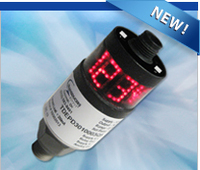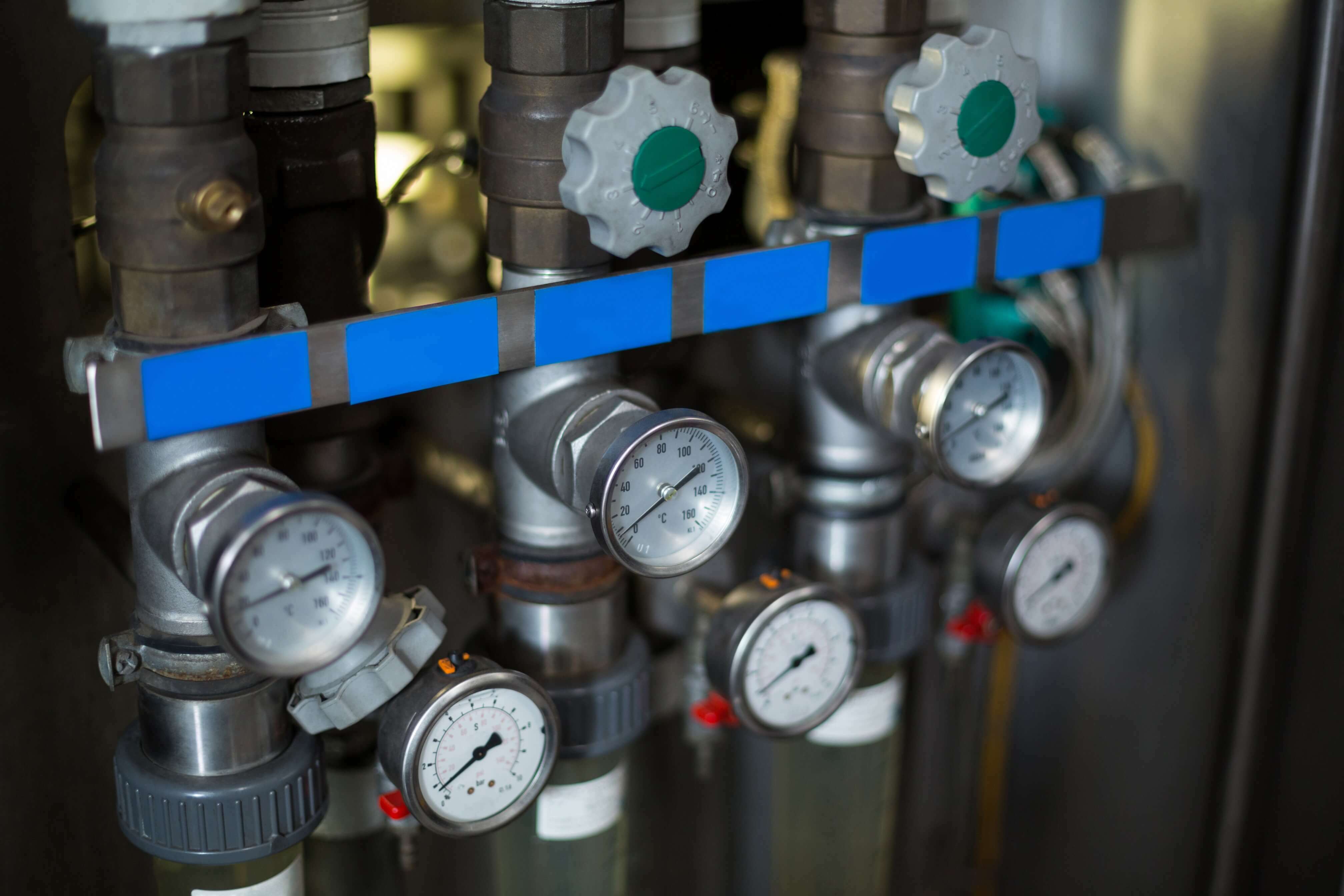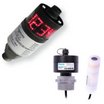SUB CATEGORIES OF Pressure Instrument
There are no products listed under this category.
Today, different pressure measurement systems are used to measure the pressure level of gases and liquids in process industries. These systems have been around over the years and evolved with various features and technological advancements. Proper selection of pressure instruments requires in-depth knowledge of applications and the equipment used. Cannon Water Technology has expertise in both product knowledge as well as application experience. The company offers superior quality, performance-driven instrument to measure pressure for commercial and industrial applications. We offer dozens of brands to choose from to match your exact requirements.
List of Pressure Instruments Offered by Cannon Water Technology
At Cannon Water, we have the capability to provide you the following pressure instruments for your specific applications:
- Pressure Switches: Our mechanical pressure instruments are cost efficient tools that help improve the efficiency of water treatment operations. They sense the pressure level of fluids and automatically activate or deactivate other mechanical devices such as pumps and compressors when the pressure reaches a preset threshold.
- Pressure Transducers: Also called pressure transmitters, they are mainly designed to measure the pressure of gases and liquids used in process industries. Our pressure transducers are made using the finest quality material, which can withstand humidity, variations in temperatures, and several other environmental parameters.
- Pressure Gauges: At Cannon Water, we offer high-accuracy pressure gauges that can measure pressure fluctuations in real-time. Thus, they are best-suited for high-pressure water transmission systems. They are resistant to corrosion and harsh chemicals, and are made from RoHS compliant materials such as PP, PVC, CPVC, PVDF, and more.
- Pressure Sensors: Our pressure sensors and transducers can measure pressure in water tanks and fluids used in process industries. They are equipped with high-quality LED displays which will clearly inform you regarding pressure levels without reading values. Our pressure sensors are electronically designed and provide reliable and safe performance in many challenging industrial environments.
General Features of Pressure Instruments at Cannon Water
All the above-mentioned pressure measurement systems are proven to offer reliable and precise measurements in many challenging environments. We believe that the following beneficial features have immensely contributed to their popularity. So, let’s have a look at them.
- Our pressure instrument are known for offering accuracy, resolution, and stability. They can be calibrated with very tight tolerance, making them ideal for use in harsh and challenging applications where a small change in the pressure level can be the reason for damage or failure.
- Another feature of these instruments is that they are engineered using high quality materials, making them durable, and can withstand challenging environments.
- These pressure measurement systems are lightweight, and come in compact designs. This eases their installation in different applications. Also, they require minimal maintenance.
- We provide these systems in different specifications; so, you can find the appropriate one that fits your needs.
- Our pressure instruments are available in different mounting options and enclosures.
- They are almost always in-stock for quick shipment, especially across the US.
- We offer these pressure instruments at the most competitive prices.
Applications of Pressure Instruments
Our pressure measurement systems are widely used across the following industries:
- Automotive
- Automobile
- Medical
- Consumer
- Paper Mills
- Food and Beverage
- Power Generation
- Hydraulics and Pneumatics
- Stamping and Forming Presses
- Chemical Processing
- Oil Field and Offshore
- Water and Wastewater Treatment
- Injection Molding Machines
- Laboratory and Test Equipment
Being at the forefront of water treatment equipment and process technology for years, we thoroughly understand the requirements of applications where such equipment is regularly used. At Cannon Water Technology, we stock a wide variety of these pressure measurement tools to fulfill the need of diverse industries. We also offer a variety of customization options for pressure measurement systems. If you have any doubts or questions about our products or services, feel free to contact our team. Our expert will help you get the right solution for your needs.
FAQ:
- Why is measuring pressure important?
Measuring pressure is crucial for various reasons, including ensuring the safe and efficient operation of industrial processes, maintaining the integrity of pipelines and vessels, monitoring and controlling fluid levels, and ensuring the accuracy of scientific experiments and research.
- How does a pressure instrument work?
The working principle of a pressure instrument depends on its type. However, in general, pressure instruments measure the force exerted by a fluid on a sensing element. This force is then converted into an electrical signal, which is interpreted and displayed or transmitted for monitoring or control purposes.
- What is the range of pressure that can be measured with pressure instruments?
Pressure instruments can be designed to measure a wide range of pressures, from very low pressures (such as vacuum) to extremely high pressures. The specific range depends on the instrument's design, intended application, and its measurement capabilities.
- Are the pressure instruments calibrated?
Yes, pressure instruments require calibration to ensure accurate and reliable measurements. Calibration involves comparing the instrument's readings against a known reference or standard and adjusting it if necessary. Regular calibration is recommended to maintain the instrument's accuracy over time.
- How do I choose the right pressure instrument for my application?
Choosing the right pressure instrument involves considering factors such as the pressure range, accuracy requirements, environmental conditions, compatibility with the measured media, output signal compatibility, and any specific features or certifications needed for your application. Consulting with experts or manufacturers can help you make an informed decision.




